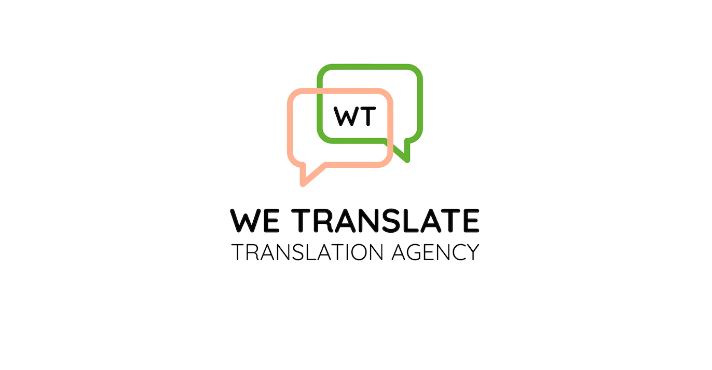Why Use A Smaller Translation Agency?

The translation is an important part of any business, whether you’re a small startup or a multinational company. It can be challenging to choose a translation service when there are so many choices accessible. In this article, we’ll explore the pros and cons of using a smaller language translation agency, and help you choose the best option for your needs. Likewise, we’ll provide a little suggestion as to how to select the best translation service for your work.
There Are Various Sizes And Shapes Of Translation Companies
There are myriad distinct entities of translation agencies, each with its own peculiarities and ability. Whether you need a small, one-man operation or a large multinational corporation, there’s a translation agency out there that can meet your needs like Legal Translation Services.
When engaging a small translation agency, remember the following thoughts in mind:
Price
Translation agencies with smaller staff charge less per hour than larger agencies. This is because they have fewer resources to draw on, and must focus on providing high-quality services at an affordable price.
Quality
Translation agencies with smaller staff typically have more experience and are better equipped to handle quick turnaround times and tighter deadlines. They also tend to be more dedicated to quality control, so you can be sure that the translations you receive are accurate and up to par.
Speed
A smaller translation agency can often move faster than a larger one due to its limited resources. This means that your translations completed sooner than if you used a larger agency, without sacrificing quality.
Localization Expertise
A smaller translation agency typically better placed to provide localized translations than a larger one; this is because it has more people who speak the target language fluently (and thus can spot errors more easily).
How Can You Pick the Appropriate Translation Company For Your Criteria?
When translating a document, it is important to consider the size and scope of the project in order to find the right translation agency. From little individual companies to big international corporations, translation agencies come in all forms and sizes.
Three things to take into account when selecting an agency are as follows:
1. Size and Purpose of the Project
Smaller translation agencies typically have a narrower focus and are better suited for projects with a smaller scope. Larger translation agencies tend to have more resources and be better equipped to handle larger projects. Prior to choosing a choice, it is critical to comprehend the project’s unique requirements.
2. Qualifications and Background
An experienced translation agency will be better able to identify potential translation errors and provide accurate translations. A background in linguistics or another relevant field will also help with accuracy.
3. Price Point
Translation agencies can range in price from inexpensive freelance services to expensive corporate packages. It is important to decide what level of service you require before looking for an agency.
Translation Agency Size and Type
There are a few things to consider when choosing the size and type of translation agency for your project. Translators’ average translation rate depends on their experience, skills, and productivity.
A company with a small number of translators may have an increased chance of providing high-quality translations, but this also means that the agency will be more difficult to work with and coordinate with other departments within your company.
Conversely, a large translation agency can often provide lower rates because it can afford to pay its translators less.
It’s important to weigh these factors before making a decision about which type of agency is right for your project. With so many options available, it can be difficult to determine what matters most when determining the best translation agency for your needs.
Read More: How to manage your small business on Instagram
The Best Way To Measure The Success Of a Translation Project
If you’re aiming to measure the success of your translation project, there are a few key metrics you’ll want to track. Here are five of the most important:
- Translation completion rate – This is the percentage of completed translations relative to the total number of translations assigned. An important indicator of quality because it shows how much work done and how efficiently the resources used.
- Average translation time – This is how long it took to complete a translation according to its original language. This is an important metric because it tells you how fast the team can translate and also helps you gauge whether or not your project budget was well spent.
- Quality assurance (QA) results – A compilation of all the testing results that were conducted on translated documents in order to ensure they meet your desired standards. QA results provide valuable feedback that can help improve future translations.
- Client satisfaction – This is a survey question that asks clients how satisfied they are with the translated document(s). It can help you determine whether or not your target market prefers translated content over un-translated content, and what areas need more attention when translating for impact.
- Cultural fit – This metric measures how well-translated content aligns with cultural references in the target language(s). If cultural considerations not taken into account during translation, it can lead to inaccurate or confusing content for readers in the target language(s).






